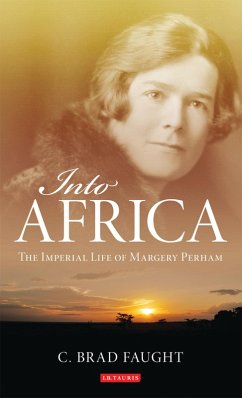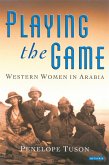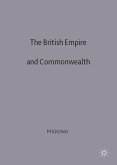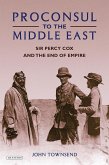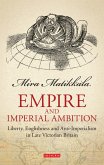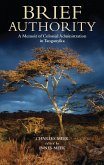In the long history of the British Empire there are few stories as singular as that of Margery Perham. From the moment she first set foot on African soil in 1921, to her death over sixty years later, Perham was focused on the ways and means of Britain's administration of its African empire. She acquired an unrivalled expertise in all aspects of this branch of empire: its systems of governance and those who administered them; its economic impact; its geo-strategic implications and its effect on Africans, including their sense of nationalism and attitudes towards the end of empire. From the 1930s until the 1960s it is unlikely that anyone in the administrative apparatus of the British Empire, and almost assuredly anyone in the world of academia, had as nuanced an understanding of how Britain's African empire actually worked as did Margery Perham.
Her road into Africa led from British Somaliland in 1921, where she went to visit her sister, the wife of a local British district commissioner. From such beginnings was spawned a career at the centre of British governance of empire. In 1928, as a Fellow of St Hugh's College, Oxford, she was awarded a travelling fellowship, which she used to study colonial administration. So long and thorough was her tour that she had to sacrifice her teaching post, but so expert did she become in the subject that, in 1935, Oxford appointed her research lecturer in the field and a few years later she was appointed the first official and only female Fellow of Nuffield College.
For the next 30 years, Perham delved deeply into every aspect of British Africa. She was an adviser to the Colonial Office and became director of Oxford's Institute of Commonwealth Studies. She wrote extensively and prolifically and publicly debated the future of Africa in the press. As the era of African independence and decolonization began, she advised newly independent governments about post-colonial governance and corresponded with leading African nationalists.
Appointed DCMG in 1965, Dame Margery Perham died in 1982. Her life provides a unique window into the workings of the British Empire in Africa for most of the time it was fully operational. In this new biography, the first of its kind and based primarily on Perham's extensive private papers, C. Brad Faught tells her life story in all its richness while throwing fresh light on Britain's twentieth-century imperial experience.
Her road into Africa led from British Somaliland in 1921, where she went to visit her sister, the wife of a local British district commissioner. From such beginnings was spawned a career at the centre of British governance of empire. In 1928, as a Fellow of St Hugh's College, Oxford, she was awarded a travelling fellowship, which she used to study colonial administration. So long and thorough was her tour that she had to sacrifice her teaching post, but so expert did she become in the subject that, in 1935, Oxford appointed her research lecturer in the field and a few years later she was appointed the first official and only female Fellow of Nuffield College.
For the next 30 years, Perham delved deeply into every aspect of British Africa. She was an adviser to the Colonial Office and became director of Oxford's Institute of Commonwealth Studies. She wrote extensively and prolifically and publicly debated the future of Africa in the press. As the era of African independence and decolonization began, she advised newly independent governments about post-colonial governance and corresponded with leading African nationalists.
Appointed DCMG in 1965, Dame Margery Perham died in 1982. Her life provides a unique window into the workings of the British Empire in Africa for most of the time it was fully operational. In this new biography, the first of its kind and based primarily on Perham's extensive private papers, C. Brad Faught tells her life story in all its richness while throwing fresh light on Britain's twentieth-century imperial experience.

